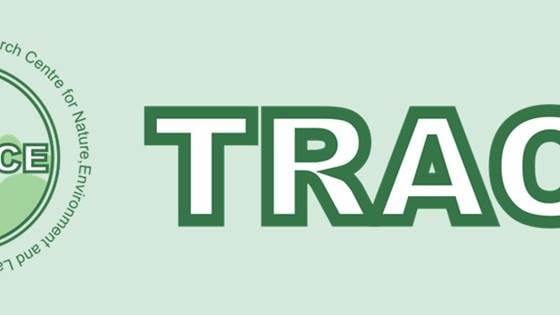
TRACE - Transport Research Centre for Nature, Environment and Land Use
TRACE develops knowledge and methods for the sustainable development of the transport sector.

TRACE develops knowledge and methods for the sustainable development of the transport sector.
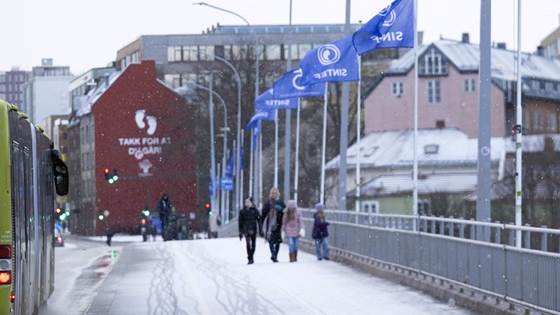
Integrated governance model for sustainable, resilient, adaptive, and people-centered urban transport

Sustainable transformation of rural communities via technical, social and organizational innovations

More efficient rail mobility via innovative AI-based methods, by enabling optimized planning of rail replacement services and cost-effective infrastructure investment decisions.
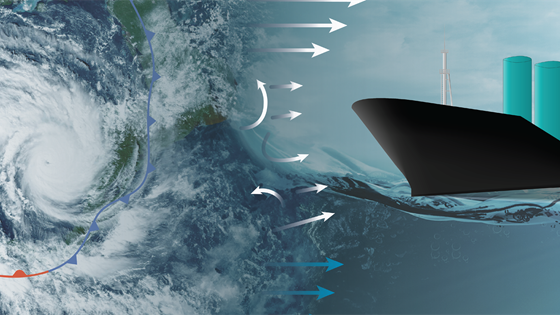
reSail will advance wind-assisted propulsion by improving the understanding of the wind conditions faced by wind-assisted propulsion systems (WAPS).
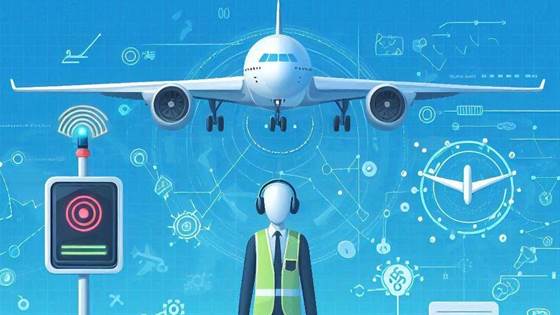
DIALOG’s ambition is to pave the way for rapid adoption of Artificial Intelligence (AI) infused technologies in Air Traffic Management (ATM) systems by delivering novel methods for human-AI collaboration based on inferring Air Traffic Controllers...

EDGAR – an EU initiative for more efficient and sustainable air traffic. The goal of the EDGAR project is to evolve and validate the DFMC GBAS solution with emphasis on providing safety, availability, and robustness in challenging operational...

Megawatt charging infrastructure for electric heavy-duty transport
The FUMO project aims to find solutions for a sustainable and growing transport system in arctic urban and industrial conditions.
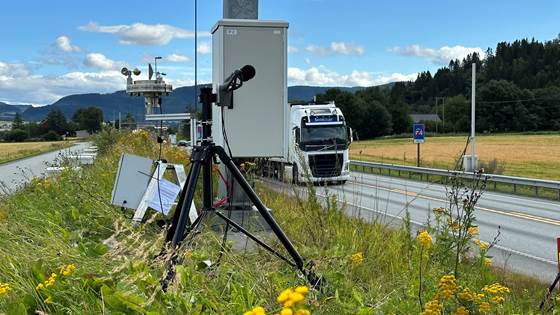
This project aims to adapt the new noise estimation methodology to Norway's unique conditions, by using large amounts of unmanned measurements and machine learning.
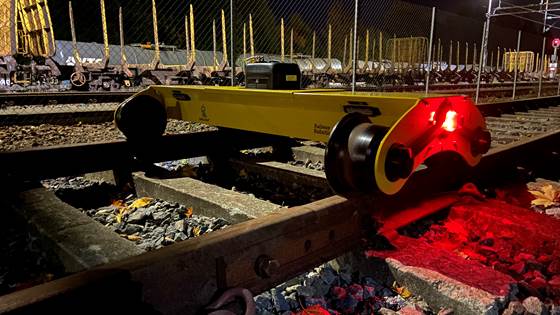
BOB is a safer and more cost-efficient digital process for railway asset inspection and interaction, based on a lightweight robot system that is capable of railway travel. The system will reduce the need for humans in the dangerous areas of railways...
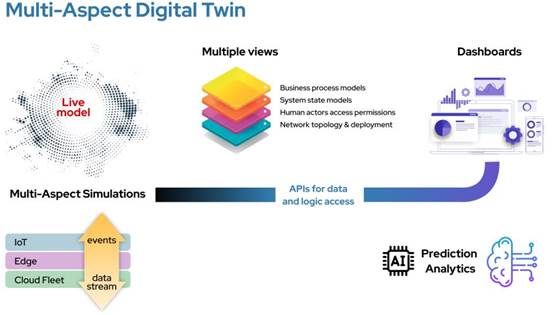
DYNABIC's goal is to increase the resilience and business continuity capabilities of European critical services in the face of advanced cyber-physical threats.
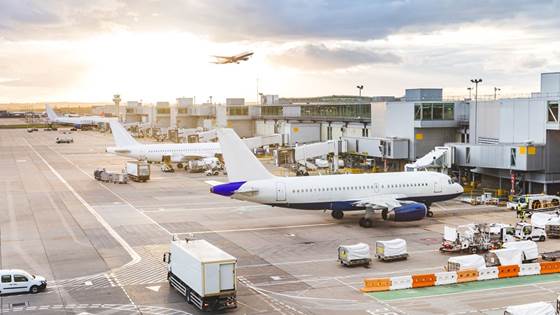
Our goal is to improve the safety on airports through Artificial Intelligence-based assistance. We will achieve this by enabling personnel and AI-based systems to collaborate in identifying and learning from unwanted situations at the apron area of...
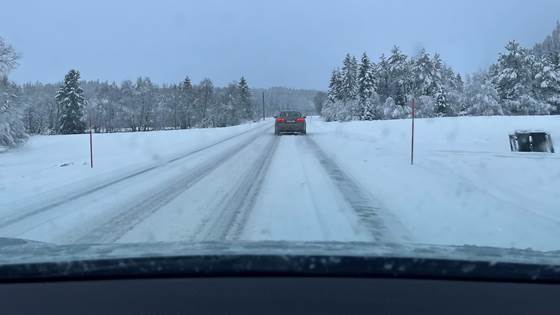
Machine Sensible Infrastructure under Nordic Conditions
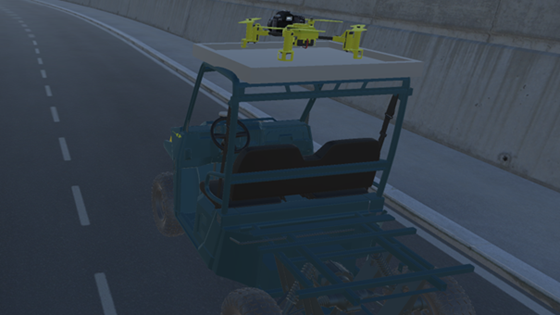
PILOTING is an EU-project with the main goal of increasing efficiency, safety, and quality of inspection and maintenance tasks for infrastructure with robotic solutions, which can be highly applicable in Norway.
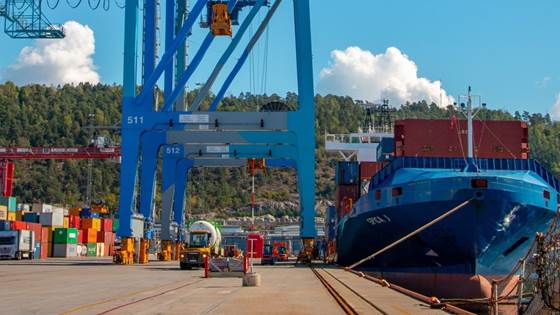
The port sector can play a crucial role in the transition to a zero-emission society, partly because it brings together various stakeholders and domains in the energy and transportation system.
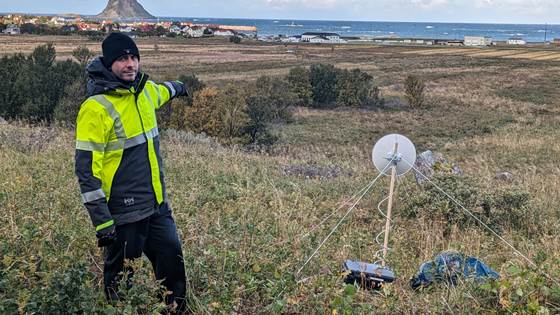
The project is focused on the development of systems and methods which will allow spectrum management authorities and other stakeholders to detect, localize, and apprehend emitters of illegal radio frequency interference signals quickly and...

The airport owner Avinor plans to develop a decision support system for chemical application on runways. The aim is to make it easier for ground personnel to apply chemicals at the right time and with the correct application rate. The system will...